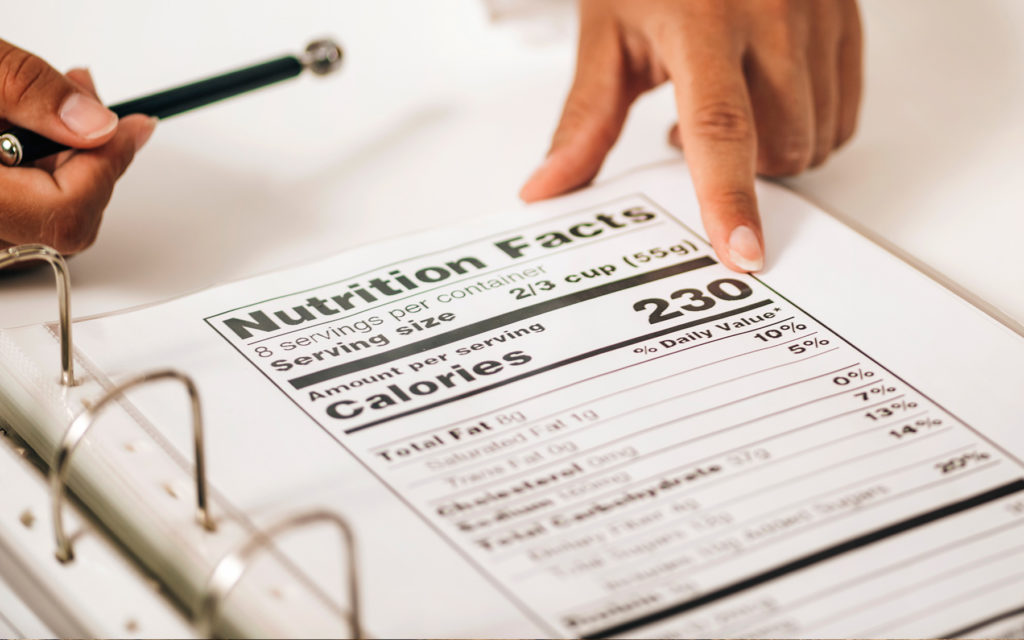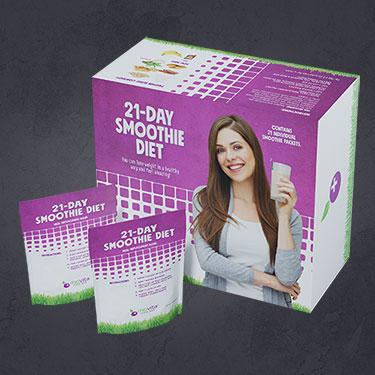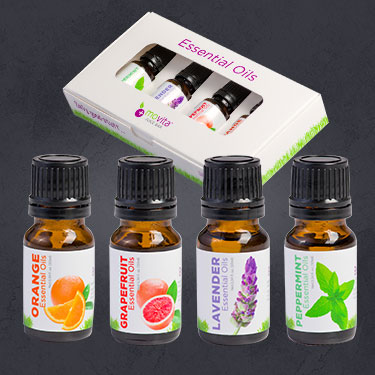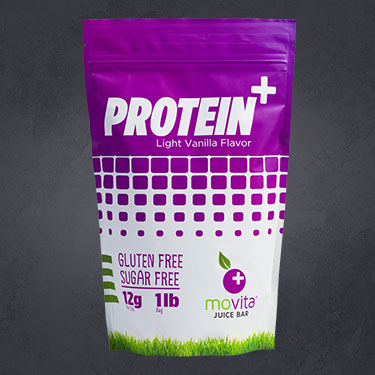
What is a calorie?
A calorie is a unit of measure that determines the amount of heat needed to increase the temperature of one kilogram of water from 0 to 1 degree Celsius. One thousand of these calories are called kilocalories. Kilocalories or calories are what we use to define energy from food.
Where do calories come from?
Calories in a food come from macronutrients: carbohydrates, proteins, and fats. Each macronutrient has a standard number of calories. Carbohydrates and protein both contain 4 calories per gram while fats have 9 calories per gram.
How many calories should people consume?
The number of calories that a person should consume depends on a variety of factors, including age, gender, and activity level. The Dietary Guidelines for Americans provide a chart to determine an estimate of your needs.
Are all calories the same?
There are two categories of calories when referring to nutrition: empty calories and nutrient-dense calories.
Empty calories contain few to no nutrients. Nutrients include carbohydrates, protein, fat, vitamins, and minerals. Foods with empty calories tend to be high in refined carbohydrates and/or solid fats and they provide energy but little else in the way of quality nutrition. Empty-calorie foods and drinks include candy, chips, white bread, cookies, and soda.
Nutrient-dense calories contain energy, plus vitamins and minerals (and in some cases, fiber) that support the growth and maintenance of bones, muscles, and the multiple systems of the body. Nutrient-dense calorie foods include fruits, vegetables, whole grains, lean meats, and low-fat dairy. Choosing nutrient-dense calories most often promotes optimal health.
The bottom line:
Calories are in most foods and drinks that we consume. Choosing foods and drinks that contain nutrient-dense calories most often contributes to wellness. Alternatively, choosing foods and drinks with empty calories most often contributes to health risk factors including obesity, hypertension, and high blood cholesterol.
DISCLAIMER: These statements have not been evaluated by the FDA. The information is for informational purposes and is not intended to treat, diagnose or cure any illness. Consult a physician before taking any action.
Want to contribute great content?
We are looking for contributors provide our readers with great healthy content to encourage positive living. If you're interested in becoming a contributor pease email us at blog@movitajuicebar.com



